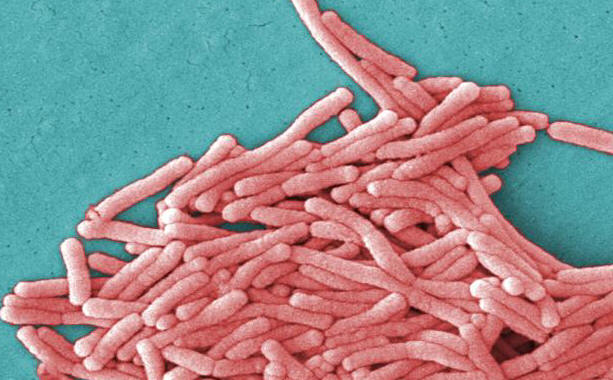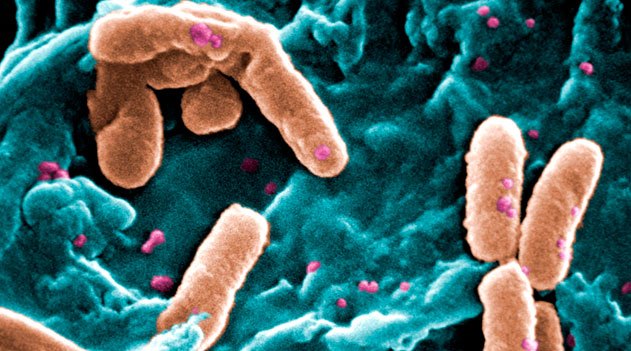Legionella in Nursing Homes
Over the past decade, the risk of legionella in residential nursing and care homes has increased. Elderly residents or those with a compromised immune system are at a greater risk of contracting the disease. This is why it is important to implement the correct measures.
Those most at risk of contracting the legionella are those over the age of 50, smokers and those who already suffer from a chronic disease such as:
- Diabetes
- Heart Disease
- Various respiratory conditions
Residents of care homes typically exhibit at least one of these factors.
Symptoms of legionella include coughing, shortness of breath, fever, muscle aches, and headaches.
In care homes, there is evidence to indicate that Legionnaires’ disease is a significant cause of Nosocomial Pneumonia, the source of which is the potable water system. Evidence suggests that Legionnaires’ disease is an important but under-recognised cause of pneumonia in long-term care residents. Also, Pneumonia is a leading cause of morbidity and mortality in nursing home patients.
In the past, The Health and Safety Executive (HSE) have prosecuted care homes for failing to control the levels of legionella found in the water supplies. Failing to control the level of legionella in nursing homes is not only harmful to the residents and staff, but the home is at risk of being shut down.
Under the Health and Safety at Work etc Act 1974 you have a duty of care to consider the risks legionella poses and how it can affect those in your care. The Control of Substances Hazardous to Health Regulations 2002 (as amended) says there must be assessments looking into the risk to all staff and patients from bacteria such as legionella and suitable precautions must be taken.
How can we help you? As members of the Legionella Control Association, we are able to help you control the risks associated and ensure you comply with the necessary regulations. Contact us today to find out how we can put your mind at rest.




